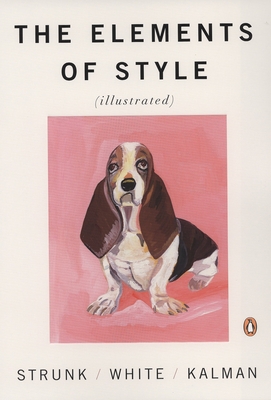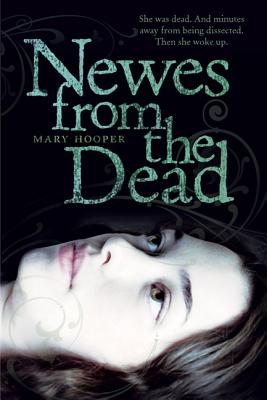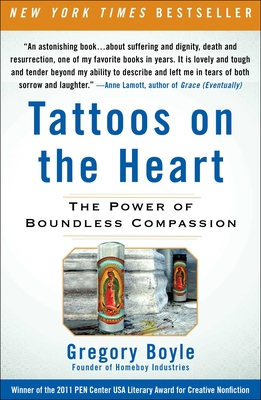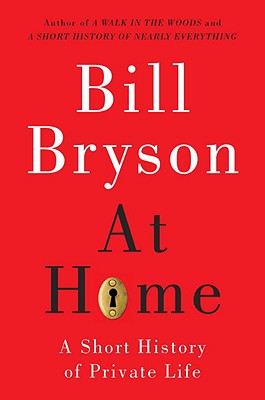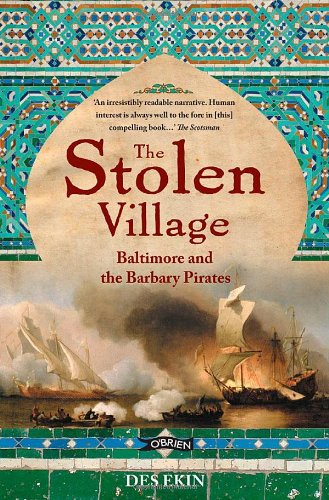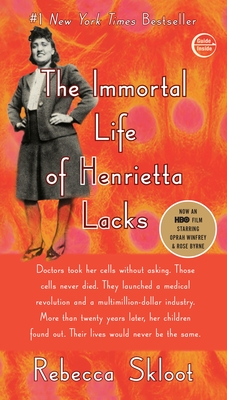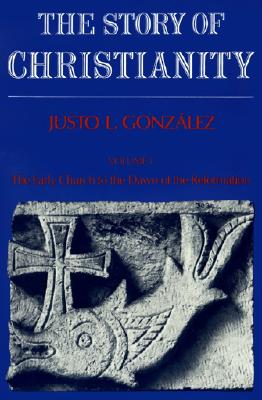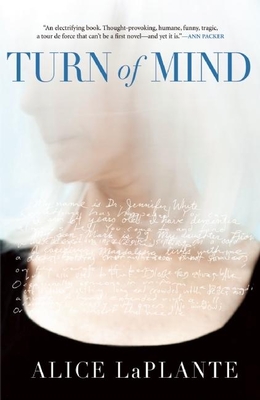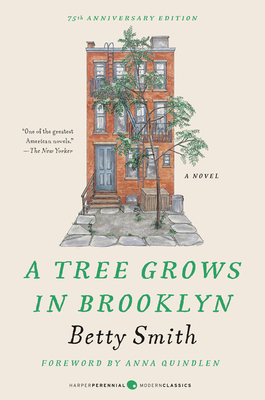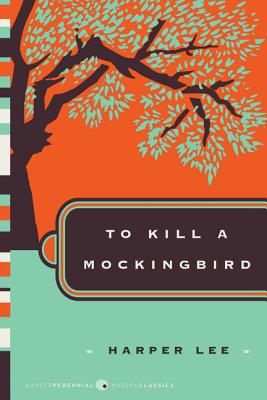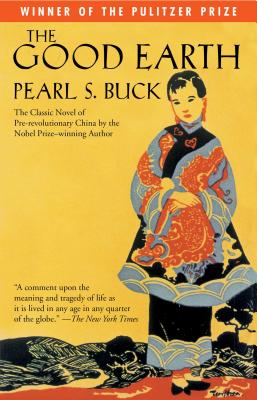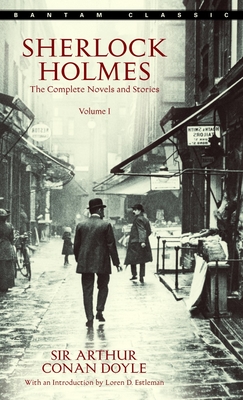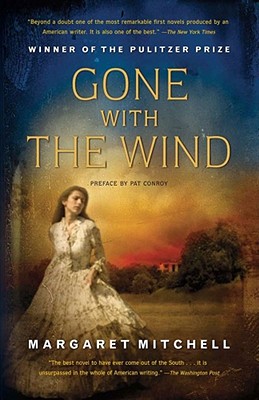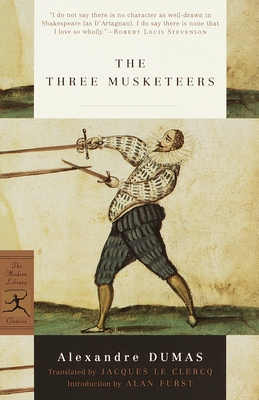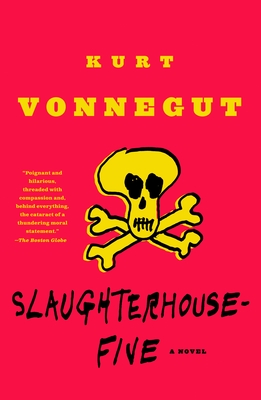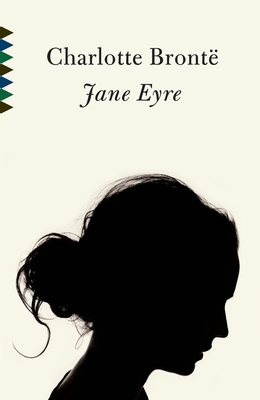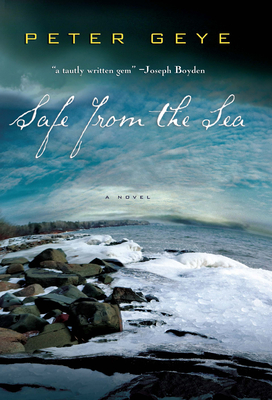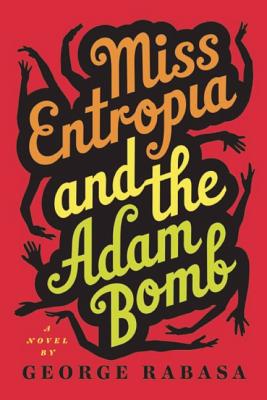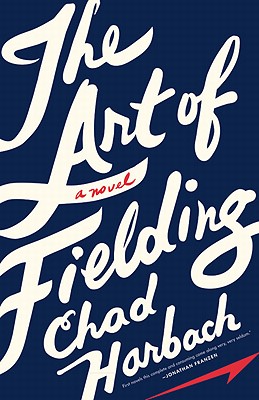I received a great amount of enjoyment from this little book. I highly recommend the illustrated version, too, since it adds to the serious, yet humorous, nature of the writing. I appreciated how it was written, as well as the opinions expressed, even if my pet peeves aren't necessarily the same as Strunk's. I do agree that more attention should be paid, generally speaking, to eliminating the extra words that add nothing but clutter to a written piece.
The brevity was refreshing. Too often, books about writing are not written in a way worth emulating. It would be nice to be able to say that, having read this book, my writing is now greatly improved. But in the absence of that, at least the book's format lends itself nicely to future reference.
"The language is perpetually in flux: it is a living stream, shifting, changing, receiving new strength from a thousand tributaries, losing old forms in the backwaters of time."
I was spurred into pulling the Elements of Style off my shelf by my recent grammar encounter, and I have to say that it felt great to read something on a whim for once...the last year has been about becoming disciplined in my reading, which--though I've been pleased with my progress in this department--has severely restricted my reading impulses. Perhaps now it is time to find some balance. :)
Two excerpts that made me smile; a great example of the humor laced throughout:
Prestigious. Often an adjective of last resort. It's in the dictionary, but that doesn't mean you have to use it.
Avoid the use of qualifiers. Rather, very, little, pretty--these are the leeches that infest the pond of prose, sucking the blood of words. The constant use of the adjective little (except to indicate size) is particularly debilitating; we should all try to do a little better, we should all be very watchful of this rule, for it is a rather important one, and we are pretty sure to violate it now and then.Two excerpts about writing, or more precisely being a writer, that I enjoyed:
A writer is a gunner, sometimes waiting in the blind for something to come in, sometimes roaming the countryside hoping to scare something up. Like other gunners, the writer must cultivate patience, working many covers to bring down one partridge.
Your whole duty as a writer is to please and satisfy yourself, and the true writer always plays to an audience of one. Start sniffing the air, or glancing at the Trend Machine, and you are as good as dead, although you may make a nice living.Strunk & White. The Elements of Style. A classic writing manual, yet surprisingly entertaining, informational, and not at all intimidating. If you enjoy language, this is worth a read.
